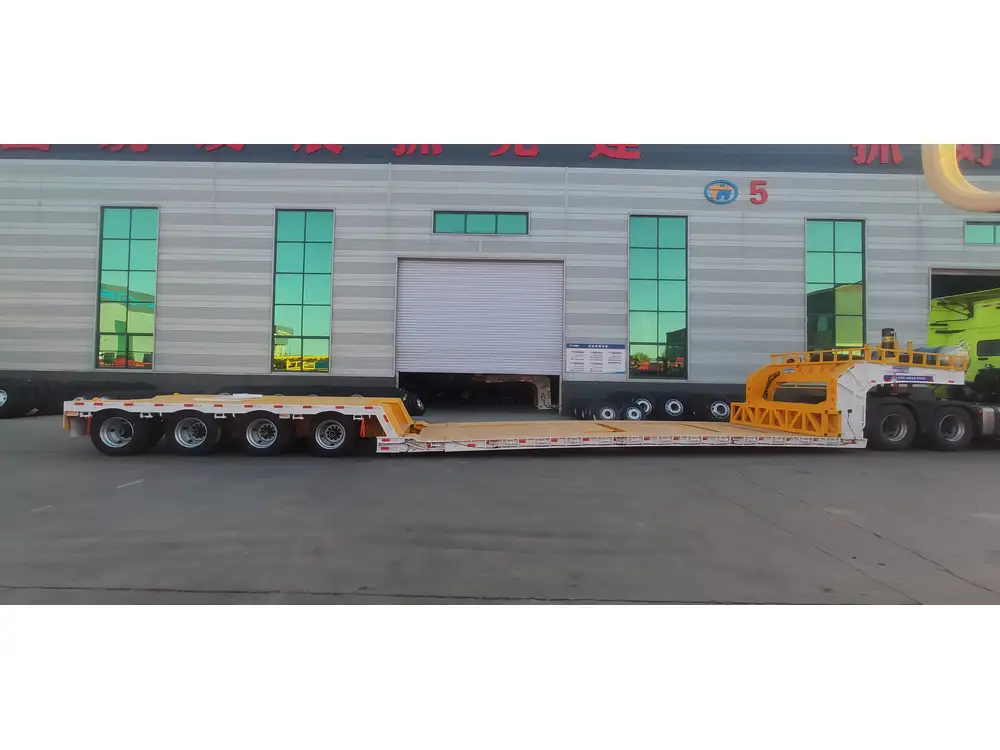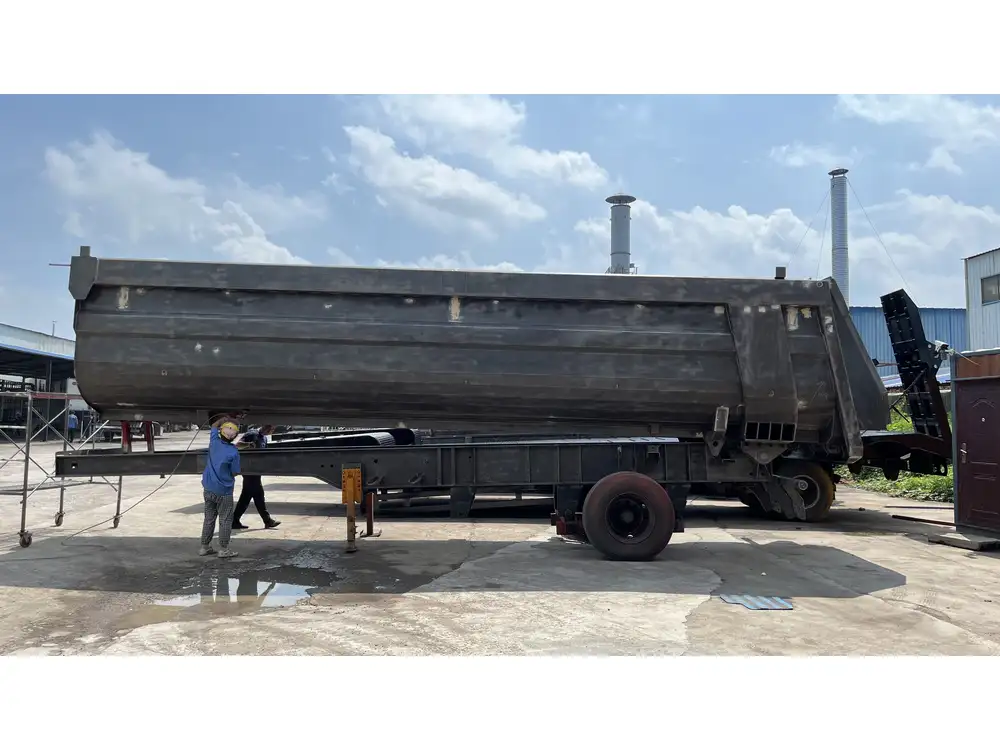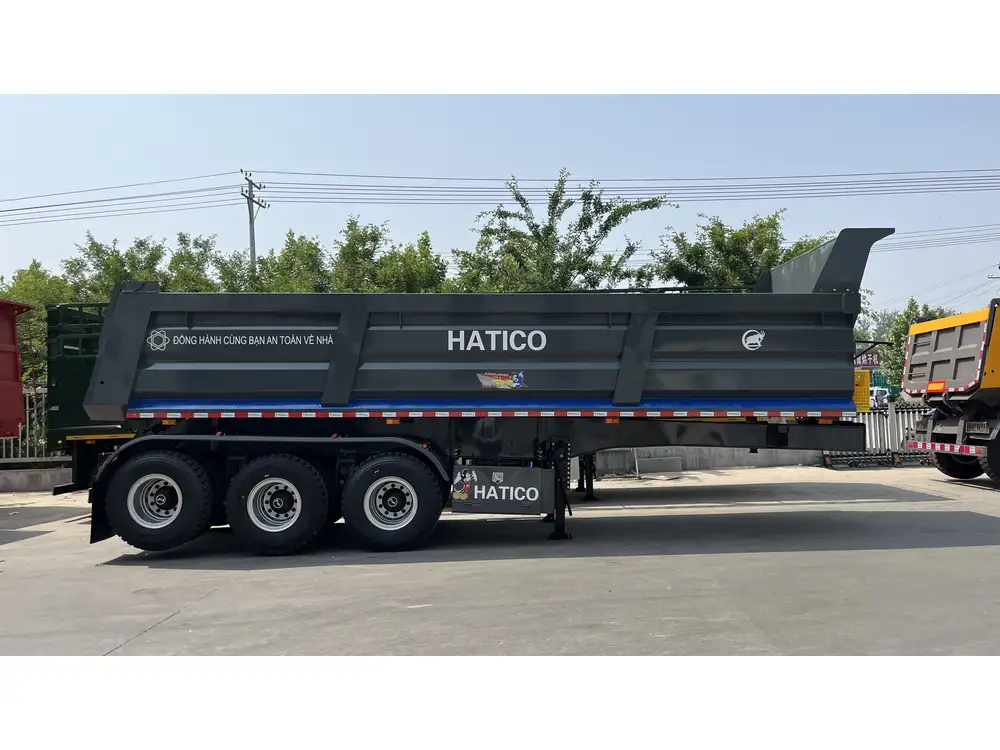When considering the purchase or use of a car trailer, one of the most critical factors to evaluate is its weight. Understanding how much car trailers weigh is essential for ensuring compatibility with towing vehicles, complying with safety regulations, and maximizing overall efficiency.
1. What Influences the Weight of Car Trailers?
The weight of car trailers can vary significantly based on several factors. Here’s a breakdown of the primary influences:
A. Trailer Type
| Trailer Type | Weight Range (lbs) |
|---|---|
| Open Car Trailers | 1,000 – 3,500 |
| Enclosed Car Trailers | 2,000 – 8,000 |
| Specialty Trailers | 2,500 – 10,000+ |
- Open Car Trailers: Typically lighter due to their simpler design lacking walls or roofs.
- Enclosed Car Trailers: Heavier because of the added structural integrity and materials used for privacy and protection.
- Specialty Trailers: These can include custom designs, car shows, or racing trailers, which may weigh more due to added features.

B. Construction Materials
The materials used in the construction of the trailer have a substantial impact on overall weight. Common materials include:
- Steel: Durable and strong, but significantly heavier than aluminum.
- Aluminum: Lightweight and resistant to corrosion, often favored for its reduced weight without sacrificing structural integrity.
- Composite Materials: Becoming increasingly popular due to their lightweight, high-strength properties, albeit usually at a higher cost.
C. Additional Features
The more features a trailer incorporates, the heavier it tends to be. Here’s a few examples:
- Brakes: Electric brakes can add considerable weight.
- Ramps: Permanent ramps versus foldable options can change the weight.
- Customizations: Winches, toolboxes, and reinforced frames can increase overall trailer weight.
2. The Importance of Knowing Car Trailer Weight
Understanding the weight of your car trailer isn’t just a detail—it’s an essential component of safe towing and operational efficiency.

A. Towing Capacity Considerations
Every vehicle has a specific towing capacity, which dictates how much weight it can safely pull. Exceeding this limit can lead to dangerous driving situations. It’s crucial to adhere to the guidelines provided by the towing vehicle manufacturer.
Towing Capacity Chart
| Vehicle Type | Average Towing Capacity (lbs) |
|---|---|
| Compact SUVs | 2,000 – 3,500 |
| Full-Size SUVs | 5,000 – 8,000 |
| Pickup Trucks | 3,000 – 12,000+ |
| Vans | 3,500 – 6,000 |
B. Safety and Insurance Implications
Car trailer weights influence insurance policies and safety regulations. Understanding the total weight—trailer plus cargo—ensures compliance with legal standards.

Key Safety Points
- Ensure the Gross Vehicle Weight Rating (GVWR) is within legal limits.
- Compose a weight distribution strategy to avoid swaying.
3. How to Accurately Weigh Your Car Trailer
Getting the weight of your car trailer correct is paramount. Here’s how to accurately determine the weight.
A. Utilize a Truck Scale
- Find a Nearby Weigh Station: Local truck stops, recycling centers, or waste facilities often have scales.
- Align and Weigh: Drive the trailer onto the scale, making sure the vehicle is straight. Record the weight displayed.
- Account for Cargo: If possible, weigh your trailer empty, then with the vehicle, and subtract the two to find the loaded weight.

B. Use Trailer-Specific Scale
For more precision, trailer scales are available, allowing users to weigh each axle. They can also indicate the weight distribution effectively.
4. Calculating the Total Weight for Compliance
A. Definitions
Gross Vehicle Weight (GVW): The total weight of the trailer plus its load.
Gross Axle Weight Rating (GAWR): The maximum weight that each axle can safely support.

B. Calculation Method
To ensure compliance with safety regulations and manufacturer specifications:
- Step 1: Identify trailer manufacturer specifications.
- Step 2: Weigh the trailer and all contents.
- Step 3: Compare the total weight to the manufacturer’s ratings.
5. FAQs About Car Trailer Weights
A. What is the average weight of a car trailer?
The average car trailer weight varies widely based on design and purpose. Generally, open trailers hover between 1,000 to 3,500 pounds, while enclosed versions can weigh significantly more, between 2,000 to 8,000 pounds.

B. Can I use a car trailer with a standard sedan?
Yes, but it’s crucial to check your vehicle’s towing capacity. Many standard sedans can manage smaller open trailers or lightweight enclosed options, though exceeding limits may put both vehicle and occupants at risk.
C. How can I reduce the weight of my car trailer?
Focus on using lightweight materials, removing unnecessary features, and minimizing cargo. However, ensuring structural integrity and safety should always be a priority.
6. Evaluating Trailer Options Based on Weight

A. Consider Your Needs
- Weight Requirements: Assess how heavy your vehicle is and what items you’ll be transporting.
- Towing Vehicle Compatibility: Ensure your towing vehicle can handle the weight of the trailer, especially when loaded.
B. Compare and Contrast
Here’s a quick comparison of car trailer types to help with decision-making:
| Trailer Type | Advantages | Disadvantages |
|---|---|---|
| Open Car Trailers | Lightweight, easy to maneuver | Less protection against elements |
| Enclosed Car Trailers | Protection from weather, theft | Heavier, may require more power to tow |
| Specialty Trailers | Tailored features to specific needs | Often more expensive and heavier |
C. Customization Options
Explore customization possibilities. Some manufacturers offer lighter frames or specific built-ins that help keep weight within desirable limits while enhancing functionality.

7. Final Thoughts
Understanding how much car trailers weigh helps ensure compatibility with towing vehicles, enhances safety, and maximizes efficiency. By accurately gauging the weight and knowing the factors influencing it, users can make informed decisions that not only comply with regulations but also fulfill their transport needs. Whenever possible, consult with professionals or the manufacturer to ensure the optimal balance of weight, safety, and performance. Knowledge is power; gaining insight into your trailer’s weight could save time, resources, and, most importantly, ensure safety on the road.
Engage thoroughly and invest in a trailer that suits your constituency, businesses, and personal needs, always aiming to stay within legal and safety parameters while transporting effectively.



